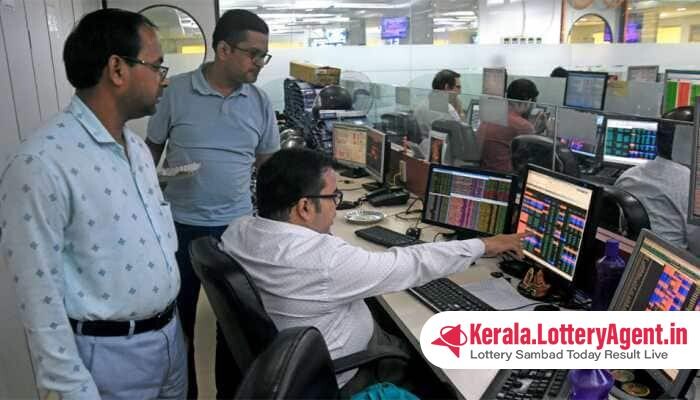
In a notable financial milestone, the Bombay Stock Exchange (BSE), one of India’s premier stock exchanges, witnessed its listed companies’ market capitalisation soar to Rs 401.10 lakh crore on a buoyant Monday morning. During the ongoing vigorous rally in the stock market, the Sensex, BSE’s 30-share index, reached an unprecedented peak, marking a momentous occasion in the history of the Indian capital market.
For the very first time, the aggregate market capitalisation of BSE’s listed companies eclipsed the Rs 400 lakh crore mark, a landmark signaling robust investor confidence and economic optimism. In early trading hours, the Sensex climbed a remarkable 425.62 points, thereby establishing a new high of 74,673.84, fueled by investor enthusiasm and positive market sentiment.
The remarkable surge in equities pushed the total market capitalisation of BSE’s listed entities to an all-time zenith, valued at Rs 4,01,16,018.89 crore, which translates to approximately USD 4.81 trillion. This feat comes after a significant growth period for the Indian stock market, which had witnessed the Rs 300 lakh crore market capitalisation milestone just the previous year in July.
The rally was not uniform, with a selection of companies leading the charge. Prominent ones among the pack of gainers from the Sensex array included well-known names like Mahindra & Mahindra, Maruti, Tata Steel, Bajaj Finserv, Power Grid, Reliance Industries, Axis Bank, and JSW Steel. Their stock prices witnessed appreciable upticks contributing significantly to the overall market cap escalation.
However, not all stocks shared this upward trajectory. Firms like Wipro, Nestle, HDFC Bank, and Bajaj Finance did not fare as well, finding themselves on the list of laggards with their stock prices not riding the bullish wave seen across the market.
In the broader context of regional stock markets, a mixed picture emerged. Seoul and Tokyo exhibited optimism with trades in the green, whereas the markets of Shanghai and Hong Kong faced declines, highlighting the sometimes-divergent paths of global markets in response to a plethora of influencing factors.
On the preceding Friday, Wall Street had closed on a positive note, adding to the positive cues for global investors. Furthermore, data showed that Foreign Institutional Investors (FIIs) had demonstrated their bullish outlook on the Indian market by purchasing equities worth a substantial Rs 1,659.27 crore.
Another key input for market players and the economy at large, the price of Brent crude, the global oil benchmark, decreased by 1.36 percent to settle at USD 89.93 a barrel, a factor with multiple economic ramifications, including potentially easing inflation pressures.
The exuberance in the Indian equities market is indicative of investor sentiment that leans towards optimism amidst the economic recovery post the downturns caused by the global pandemic. The buoyancy is further reflected in the steady inflow of foreign capital, suggesting that India continues to retain its allure as a prominent emerging market for global investors.
Market analysts closely monitor these movements to forecast economic trends and provide insights into the possible directions of financial markets. Moving forward, stakeholders across the spectrum, from retail investors to multinational corporations, will be keeping an eye on the performance of the Sensex and other market indicators to align their strategies with the emerging economic narratives in India’s thriving stock market ecosystem.












